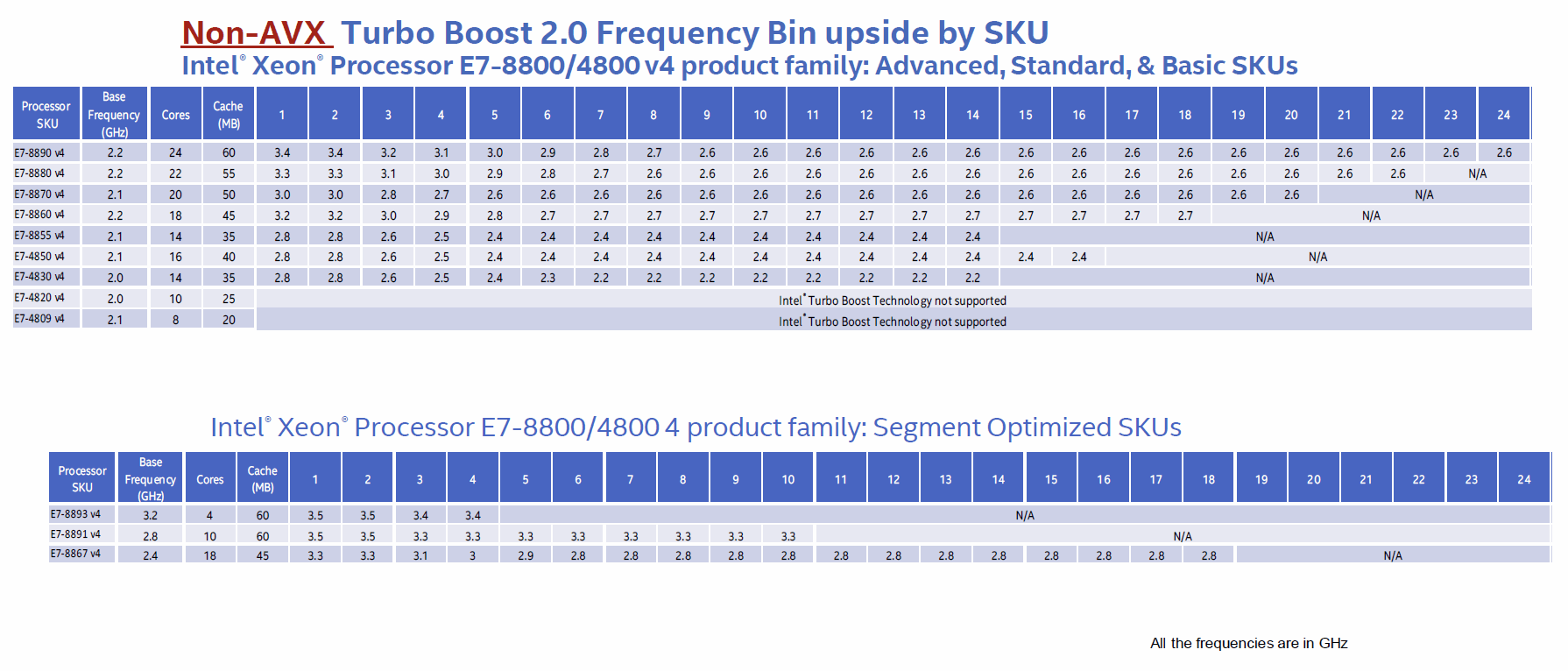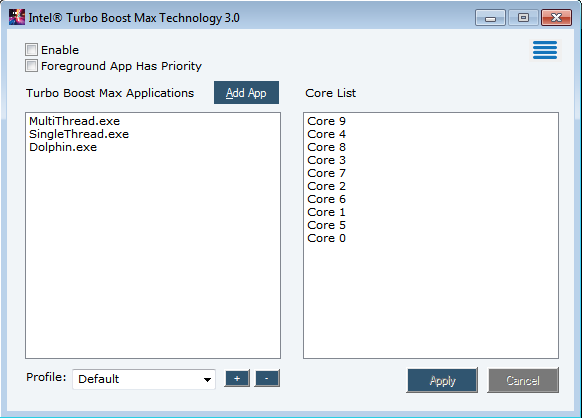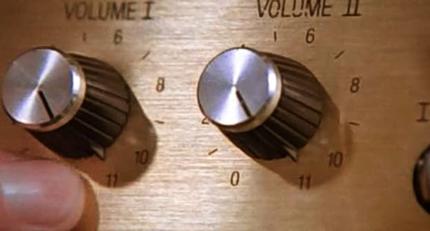Just went back through Linus vid and the Handbrake also included Blender at same time, also was the 1700X.Was in the video with LN2 run that went private. Or perhaps in linus one too. Did state outright, that r7 1700 (no-x) ran at 3Ghz in Handbrake demo against 7700k. Besides the leaks only work if my statement about boost is true, otherwise they do not work at all. Like Shintai's post illustrates ^_^
It is, 5.14Ghz Zen beats 6Ghz Haswell-E in Cinebench.
The 1700 was shown with games at the end of his vid, where in BF1 the test compared the 1700 against the 6800K.
LN2, well that needs extensive monitoring to compare different CPUs and their core behaviour/performance.
Cheers
![[H]ard|Forum](/styles/hardforum/xenforo/logo_dark.png)





